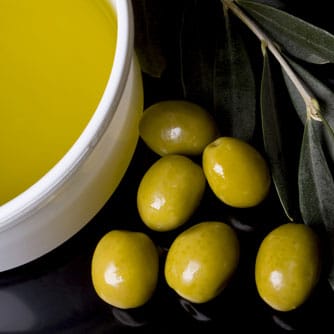Previous studies have associated olive oil with potentially protective effects against many cardiovascular risk factors. Rich in phenolic compounds, such as oleuropein and cafeic acid, olive oil is high in antioxidants and may confer anti-diabetic, anti-atherosclerotic and anti-inflammatory properties. Cecilia Samieri, from the University of Bordeaux and the National Institute of Health and Medical Research (INSERM) (France), and colleagues followed 7,625 people with no history of stroke, aged 65 and older from three cities in France: Bordeaux, Dijon and Montpellier. The participants were categorized by olive oil consumption into one of three groups: ‘no use’, ‘moderate use’ such as using olive oil in cooking or as dressing or with bread, and ‘intensive use’, which included using olive oil for both cooking and as dressing or with bread. After adjusting their findings to account for diet, physical activity, body mass index and other risk factors for stroke, the researchers reported that people who regularly used olive oil for both cooking and as dressing had a 41% lower risk of stroke, as compared to those who never used olive oil in their diet. The authors also measured blood plasma oleic acid, finding that high levels were associated with lower stroke incidence. With participants in the third tertile [highest levels of olive consumption] as compared to those the first tertile [lowest levels of olive consumption] having a 73 % reduction in stroke risk, the researchers conclude that: “These results suggest a protective role for high olive oil consumption on the risk of stroke in older subjects.”




